 The Interdisciplinary Research Week (IRW) has a number of cultural highlights for everyone’s tastes. Free popcorn will be available at the films as well as refreshments. The events include:
The Interdisciplinary Research Week (IRW) has a number of cultural highlights for everyone’s tastes. Free popcorn will be available at the films as well as refreshments. The events include:
Tuesday 26 January 2016
Written and Directed by Professor Erik Knudsen
PG16, Talbot Campus, 16:00-18:00
In the midst of separation, one boy’s silent longing has the power to change everything.
On his ninth birthday, Thomas travels with his mother to visit his estranged father who, since an acrimonious divorce, has abandoned urban living in favour of an isolated rural life in the English Lake District. The bitter separation of his parents is not something Thomas understands, nor does he understand his own dysfunctional behaviour as a silent cry for help. As a digital native city boy, Thomas’s encounter with the natural world, and his gradual understanding of the pivotal connection he provides for his, ultimately, lonely parents, leads to realisation and discovery. There are things his parents don’t know about each other that only he can reveal. Perhaps he has the power and the means to change everything. (Fiction: 88 minutes. 2014).
Following the film there will be a Q & A session with the Director.
Thursday 28 January 2016
Lizzie Sykes
Coyne Lecture Theatre, Talbot Campus, 16:00-18:00
In 2014, Lizzie Sykes was awarded an Arts Council-funded residency at Mottisfont, a National Trust property and gardens in Hampshire. Mottisfont is a place where artists have met and worked for hundreds of years.
Are You There? is a film made from inside the Mottisfont residence. It is performed by Louise Tanoto, and is a response to how it feels to be alone in the house and to be inescapably linked to it in a private and intimate way; free from expected codes of physical behaviour that such a formal space normally represents.
Following the film there will be a chance for a Q&A session
Friday 29 January 2016
Emerge music group performance
Allesbrook Theatre, Talbot Campus, 17.30 – 18.30
BU’s Emerge Research Centre has a research music performing group, a creative space where each person develops their own instruments and music based on personal research into sound as well as gesture and technology as part of their creative practice.
The experimental music and sound-art event features a soundtrack of electronic atmospheres, noisescapes, pulses and rhythms, tones and drones. It will include an exploration of hardware-hacked devices, simple electronic instruments, data networks and basic sensors to augment and inform laptop improvisations, immersive fixed-media soundscapes and live visuals.
Performers include:
Anna Troisi, http://www.annatroisi.org/
Antonino Chiaramonte, http://www.antoninochiaramonte.eu/
Rob Canning, http://rob.kiben.net/
Bill Thompson, www.billthompson.org
Ambrose Seddon, http://www.ambroseseddon.com/
Tom Davis, http://www.tdavis.co.uk/
Visuals by Kavi, https://vimeo.com/user324972
Click on the event titles above to book your tickets.


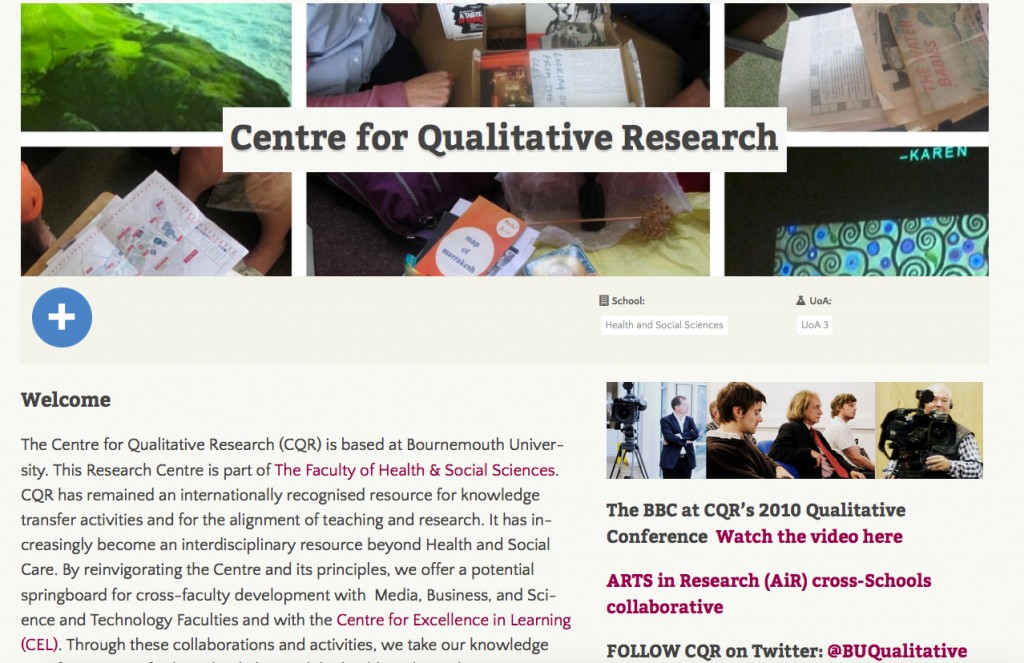
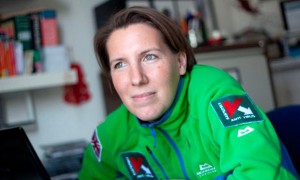

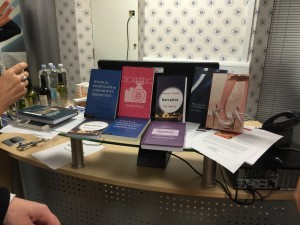
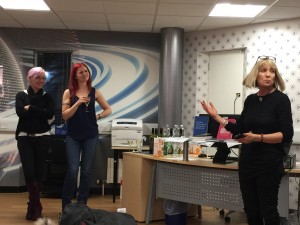
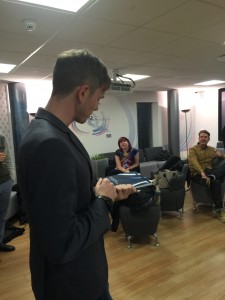
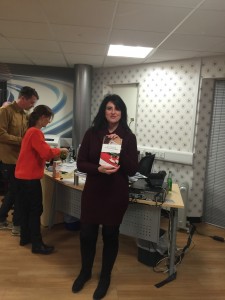
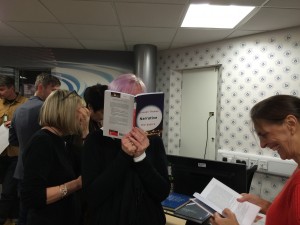
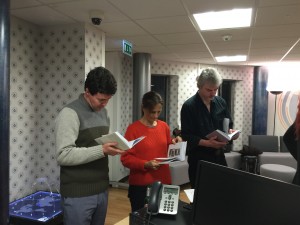


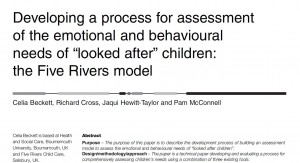
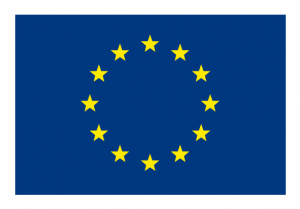











 REF Code of Practice consultation is open!
REF Code of Practice consultation is open! BU Leads AI-Driven Work Package in EU Horizon SUSHEAS Project
BU Leads AI-Driven Work Package in EU Horizon SUSHEAS Project Evidence Synthesis Centre open at Kathmandu University
Evidence Synthesis Centre open at Kathmandu University Expand Your Impact: Collaboration and Networking Workshops for Researchers
Expand Your Impact: Collaboration and Networking Workshops for Researchers ECR Funding Open Call: Research Culture & Community Grant – Apply now
ECR Funding Open Call: Research Culture & Community Grant – Apply now ECR Funding Open Call: Research Culture & Community Grant – Application Deadline Friday 12 December
ECR Funding Open Call: Research Culture & Community Grant – Application Deadline Friday 12 December MSCA Postdoctoral Fellowships 2025 Call
MSCA Postdoctoral Fellowships 2025 Call ERC Advanced Grant 2025 Webinar
ERC Advanced Grant 2025 Webinar Update on UKRO services
Update on UKRO services European research project exploring use of ‘virtual twins’ to better manage metabolic associated fatty liver disease
European research project exploring use of ‘virtual twins’ to better manage metabolic associated fatty liver disease